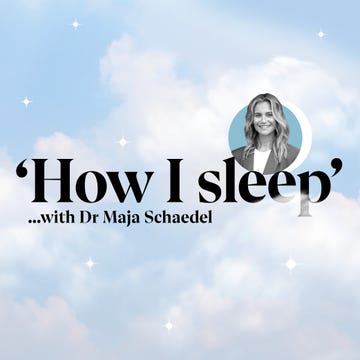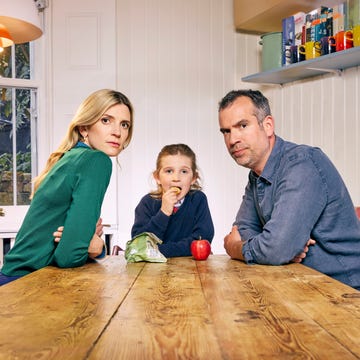Hands up who loves a delicious, flaky cinnamon bun, drizzled with icing sugar and swirled to perfection? Now, put your hands down if you rarely, if ever, let yourself enjoy them due to calorie content/nutritional emptiness/saturated fat intake/fear that once you start eating them, you won’t be able to stop. I bet that’s most of you.
The truth is that in order to manage our health, we’ve long believed we have to deny ourselves indulgences and sweet treats. However much I love them, I pass over the croissants at the bakery and avert my gaze in the supermarket so I’m not tempted. Even on a pitch-perfect Saturday morning, coffee and paper in hand, I deny myself, opting for some pretty standard fruit and yogurt – enjoyable, yes, but not a patch on a pillowy soft almond croissant, dusted with icing sugar and topped with toasted flaked nuts.
Well, it seems these years of self-discipline might have been utterly wasted. The results of a large-scale study appear to suggest that the risk of heart disease falls as the consumption of snacks such as pastries goes up. The Swedish study – which tracked nearly 70,000 people over two decades – came to the conclusion that there was no correlation between an increased consumption of treats and the risk of cardiovascular diseases. Its findings even suggest that: “Consuming occasional treats was associated with better [health] outcomes than no treats at all.”
So, what’s going on? The study, published in Frontiers science journal, looked at three types of sugar consumption: toppings such as honey, treats such as pastries and sweetened beverages such as fizzy drinks. Sweet drinks were found to be worse for your health than any other form of sugar.
But, surprisingly, the study appeared to show that the risk of heart disease lowered as the intake of sweet treats went up. And it’s this that baffled the scientists working on the research. “The most striking finding from our study is the divergent relationship between different sources of added sugar and cardiovascular disease risk,” said Suzanne Janzi, of Lund University and author of the study. “This surprising contrast highlights the importance of considering not just the amount of sugar consumed, but its source and context.”
In other words, it might be how you enjoy your sweet treat that matters, rather than the nutritional content of the snack itself. “Treats are often enjoyed in social settings or special occasions,” she says, unlike “sweetened beverages, which might be consumed more regularly.”
It’s well known that socialising with friends and family has a protective effect on health, which might go some way to explaining the results. “Our findings are based on a Swedish population, which may have dietary habits and lifestyle factors that differ from those in other populations,” said Suzanne. “Particularly relevant in this context is the social custom of ‘fika’ – regular coffee and pastry breaks that are deeply embedded in Swedish culture.”
Interestingly, the study also sheds light on underlying food behaviours. “Individuals consuming very little sugar might have very restrictive diets or might be limiting sugar due to pre-existing health conditions,” says Suzanne. “While our observational study cannot establish causation, these findings suggest that extremely low sugar intake may not be necessary or beneficial for cardiovascular health.”
So, this Christmas, let’s rip off the shackles of self-discipline and fully enjoy our mince pies, cinnamon buns, Christmas cake and stollen – without the side order of health guilt.













